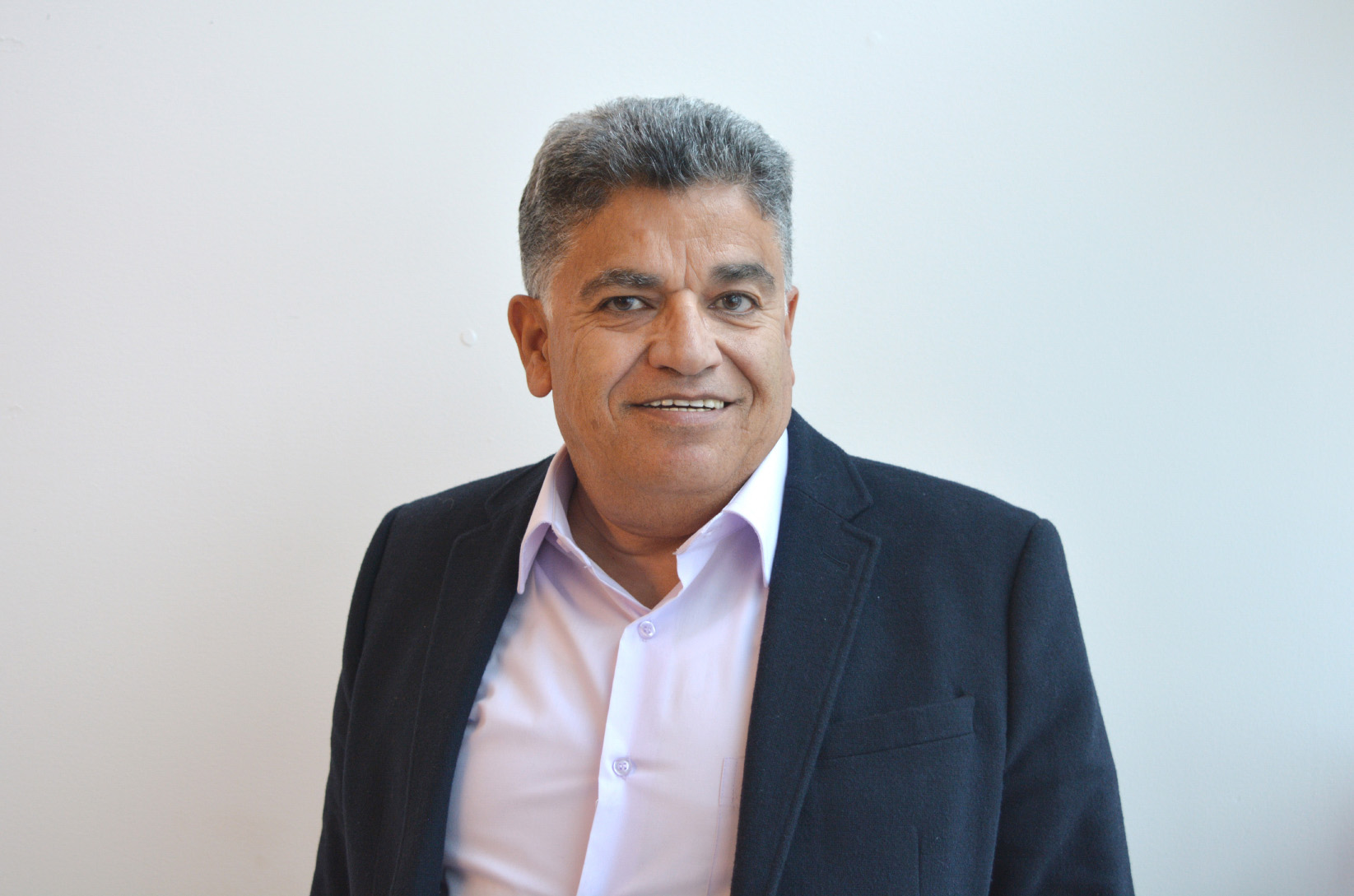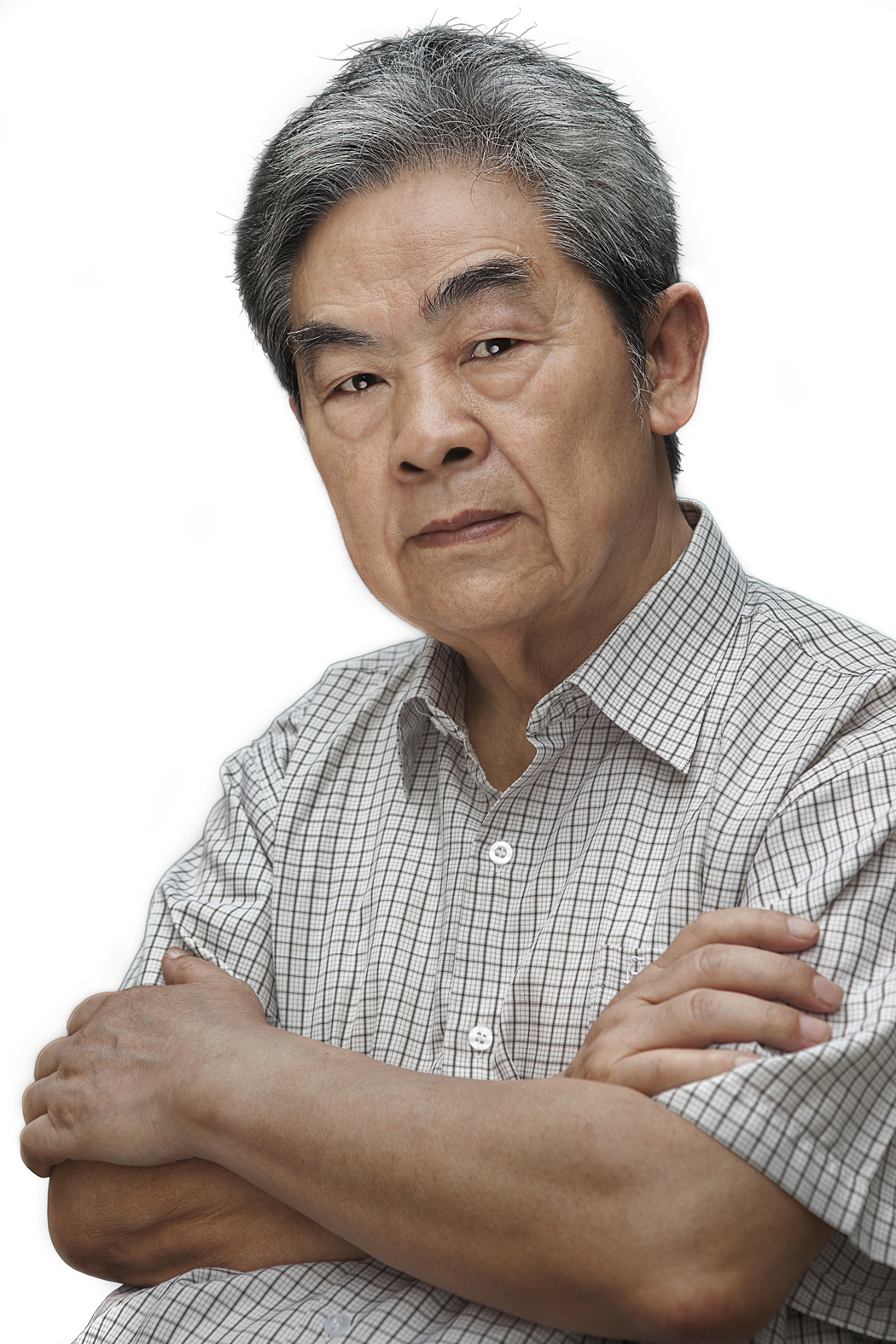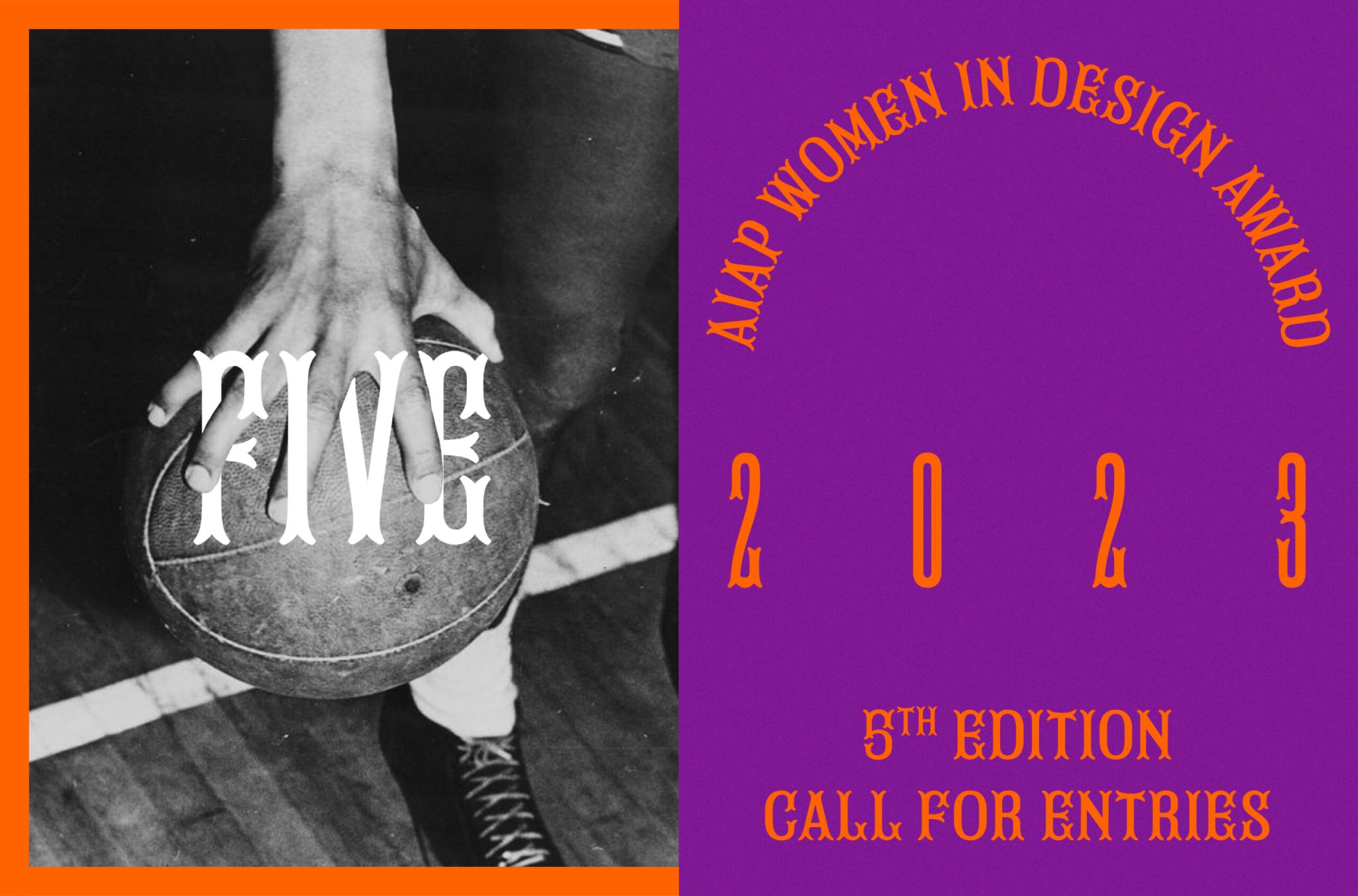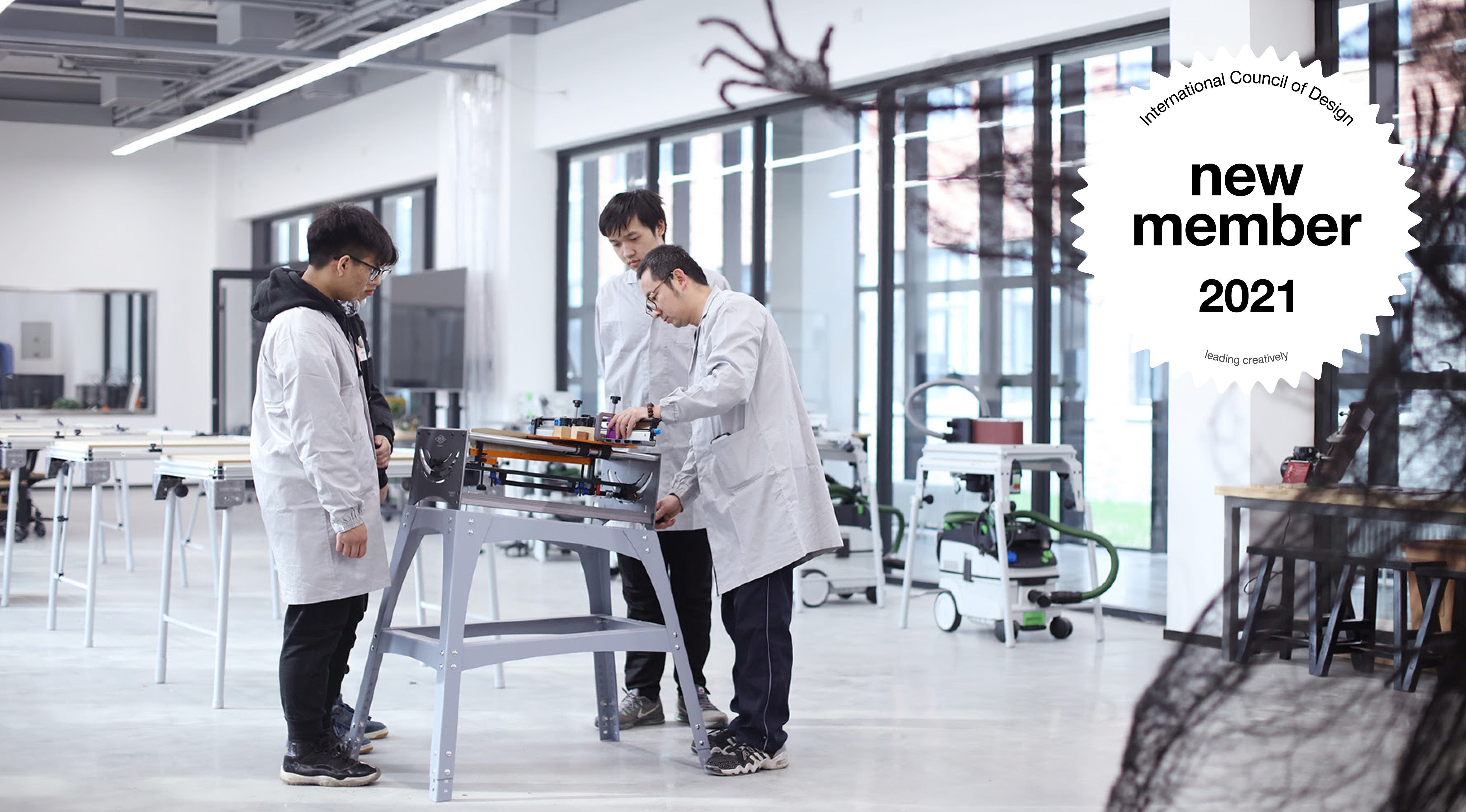Globalisation and Design: Midterm Reflections

10.01.2017 News
Designers, like it or not, are tied to globalisation. We have no choice but to understand the economic, social, cultural and political implications of globalisation on society and on our individual professional situations. ico-D, as a voice for the international professional design community, must have clear tools and support networks, communications strategies and policies on globalisation in order to effectively serve our Members.
Despite recent bluster, globalisation is here to stay.
Like electricity, flight and the internet, globalisation will not be stopped. As 18th- century industrialisation profoundly and relentlessly restructured economic, social, cultural and political orders, so is globalisation impacting the 21st-century, disrupting trade and employment, generating economic expectations and frustrations and scrambling cultural traditions.
Today’s globalisation is an extrapolation of the Industrial Revolution. Our profession of Design was forged by that Industrial Revolution, responding to emerging technologies and the new forces of mass production, international trade and middle-class consumption. Two centuries later, these changes are finally reaching all parts of the planet. Accompanying this tidal wave of change is our profession of design, for the first time, truly worldwide and, more than ever before, able to fundamentally influence the future on a larger scale—positively and/or negatively.
Despite constant alarming headlines of tragedy, conflict and suffering—another result of modern technology making “news” instantly available to (almost) all— academics tell us that the world has never been more peaceful, never have so many risen above poverty and never have so many had access to clean water, education and better health.
But all is not rosy. The environmental impact of industrialisation on our planet is significant—amplified by population growth, urbanisation and consumption. Despite the claims of some special interests our climate IS changing. Cultural heritages seem threatened with erasure. So while globalisation is an unstoppable force, it can be shaped, made more equitable and in fact it can be a force that contributes to cultural diversity and the celebration of cultural heritage. Design can play an important role in this.
The influence of designers has grown dramatically. That influence is today at its peak and carries with it the capacity to do much good, and just as much damage. As with any profession, the ethical responsibilities of every individual practitioner are challenged on a daily basis. Other professionals—doctors, lawyers, journalists—inscribe their professional responsibilities on flags held high. (And most of them, we hope and expect, act accordingly.)
Designers, I am afraid, are often poor communicators when it comes to explaining what it is they do. It is indeed strange that designers – those professionals often given the responsibility for creating and communicating the critically important and valuable “brands” of entities large and small – are so irresponsible and ineffective when it comes to communicating their own value, their own “brand”.
I think that this serious professional deficiency is rooted in the typical image of the designer, fostered in design schools, which too often shapes and promotes the designer as an artistic, individualistic creative as opposed to becoming a highly-trained professional with ethical responsibilities to society. Correcting this situation requires collective action by the professional design community and cannot be accomplished by individuals alone.
In the light of these challenges, what is the role of ico-D? In my opinion, ico-D must be at the forefront of generating the tools and support networks, communications strategies and policies for re-shaping the role of design within the globalisation framework:
> Provide tools and opportunities for designers to understand the implications of globalisation—to better understand what is happening around the world and how this impacts them on a daily basis. Designers, whether working internationally or locally, in large corporate formats or very intimate studio formats, are affected in their personal practice on a daily basis. ico-D, with its international network of professional, educational and promotional members, is uniquely positioned to foster international interaction.
> Support design curriculum evolution—to better reflect future needs and opportunities and to better provide a robust professional foundation for tomorrow’s designers.> Communicate the value of design and the profession of design. ico-D is positioned to enhance collaboration between its Members to better communicate the value of design, to promote professionalism and professional practice. Designers should be measured more by their future designing capacities than by their past designs.
> Advocate for National Design Policies—to ensure more effective utilisation of design for economic, social and cultural development. Next year’s is an important opportunity.
As current President of ico-D at the half-way point of my term, I can see that the international design community is in a critical period of change. Our community structures are responding to globalisation, to changes in the practice of design and to the revolution in communications.
Since 2013, ico-D has introduced change by becoming truly multidisciplinary, by enhancing direct member impact on establishing the ico-D agenda through annual Platform Meetings, by becoming more active in many regions and by successfully upgrading ico-D Secretariat capacities.
In 2016, ico-D made substantial advances in developing opportunities in Asia, including the pilot educational collaboration in Chengdu and the very successful ico-D participation in the recent World Industrial Design Conference in Hangzhou. 2017 will begin with a Regional Meeting in Santiago, Chile.
ico-D continues to help its Members cope with globalisation.

relatedarticles

in memoriam: essam abu awad (1958-2021)

in memoriam: yu bingnan (1933–2020)


